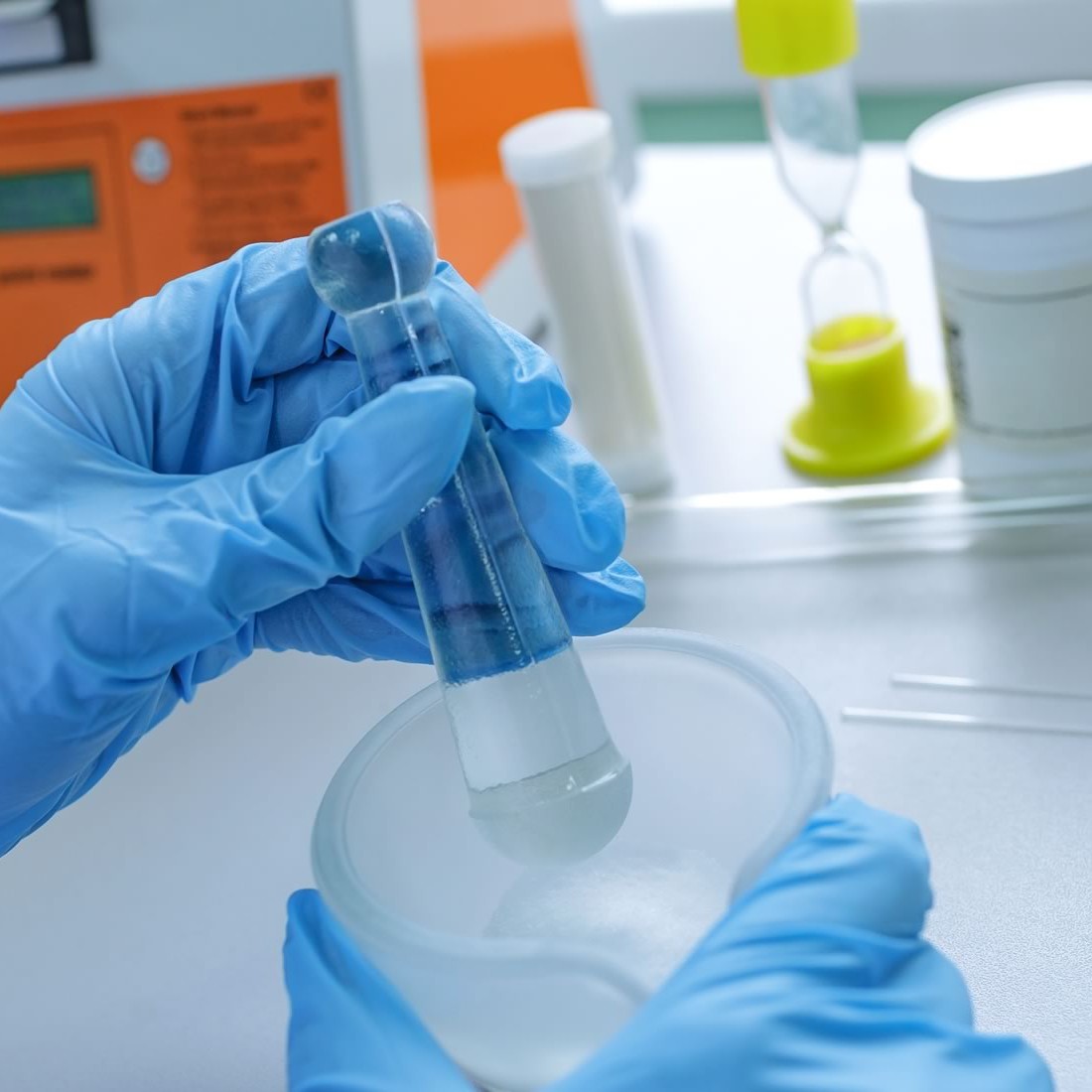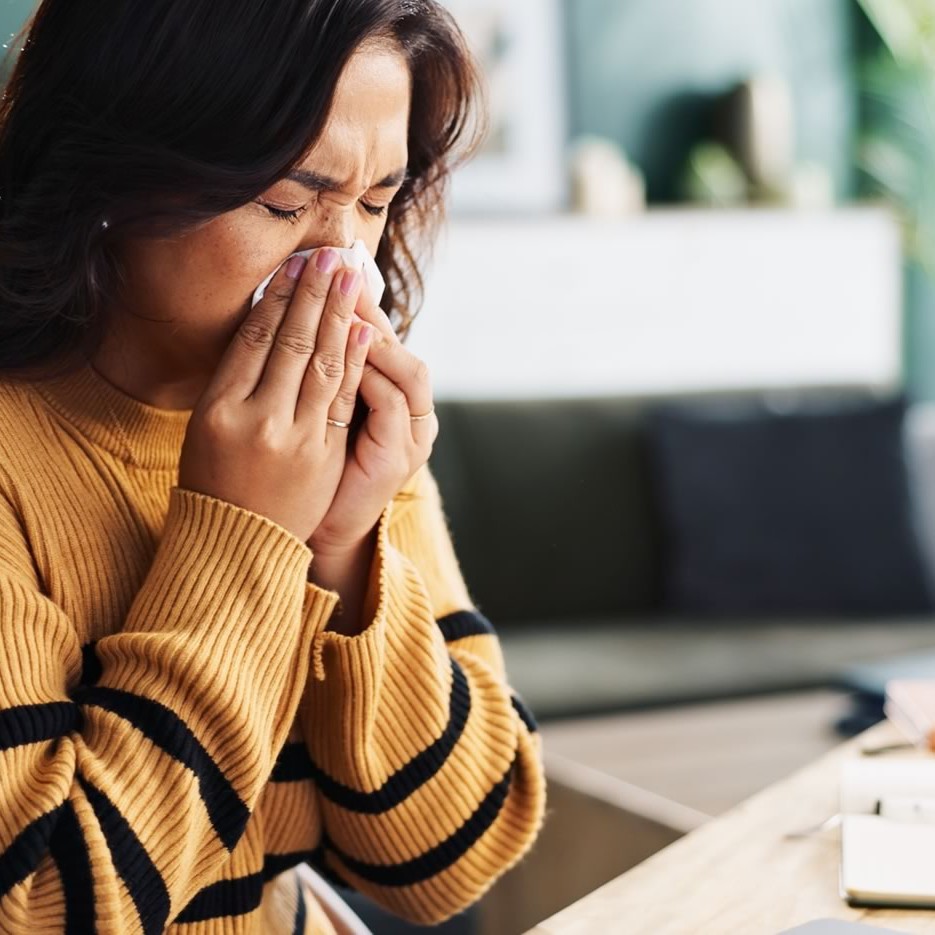Besides being hot and sticky, Lisa McDavid of Drexel, N.C., said, “I get really tired, can’t breathe out of my nose and my chest starts hurting.” McDavid suffers from seasonal allergies, a deviated septum and mitral valve prolapse, a condition that causes one of the heart valves to not close properly. “When it’s hot but not that humid, I can stand being outside a little longer, but when it’s humid, I feel like I’m suffocating.”
McDavid certainly isn’t the only one suffering from the adverse effects of heat on her health. With about half the country baking in a heat wave, hospitals in some of the worst-hit areas are reporting cases of people coming into emergency rooms with heat-related illnesses. Many expect more as the heat wave continues. And many cases don’t necessarily involve heat stroke or heat exhaustion.
Allergies, Asthma and Other Breathing Problems
Allergy and asthma specialists say they are seeing more patients whose illnesses have been triggered by the heat and humidity as well as by increased levels of pollutants in the air. Hospitals are reporting some cases of heat-related illness coming into their emergency rooms.
“[We] have seen many new patients for the first time with a diagnosis of asthma made worse by heavy pollen and extreme temperature and humidity levels,” said Dr. Clifford Bassett, medical director of Asthma & Allergy Care of New York.
Bassett also said that in addition to pollen, mold levels increase when it’s very humid. The heat wave is also causing more serious breathing problems, including very severe asthma attacks and a worsening of chronic obstructive pulmonary disease (COPD). At Temple University Hospital in Philadelphia, several patients needed emergency treatment for both these conditions. One of them even needed a breathing tube.
“Both of these patients had air conditioning – room air conditioning, not the whole house – and were using it, yet it wasn’t enough to prevent the heat from exacerbating their symptoms,” said Dr. Alvin Wang, an emergency room physician at Temple.
During a heat wave, experts say room air conditioners may not make the environment cool enough. Bassett advises anyone with allergies or asthma to stay where it’s air conditioned, and to change and clean the filters frequently. If you need to go outside, check the pollen counts and pay special attention to ozone alerts.
Click here to read the entire article.
By Kim Carollo, ABC News Medical Unit
June 9, 2011
You may also be interested in . . .
USP <797> Explained: What Physicians Need to Know When Preparing Allergen Immunotherapy In-Office
As regulatory standards evolve, many physician practices are asking an important question: How does USP <797> impact the way we prepare allergen…
Cold, Flu, or Allergies? How to Tell the Difference this Fall
Not sure if your symptoms are from a cold, the flu, or allergies? Learn how to tell the difference and when to see a provider. Take the Allergy Quiz or…
Rising Ragweed Pollen: Why Fall Allergies in the U.S. Are Getting Worse
Every fall, ragweed pollen has long been a familiar culprit behind sneezing, congestion, and itchy eyes. But lately, it’s not just the symptoms that are…



